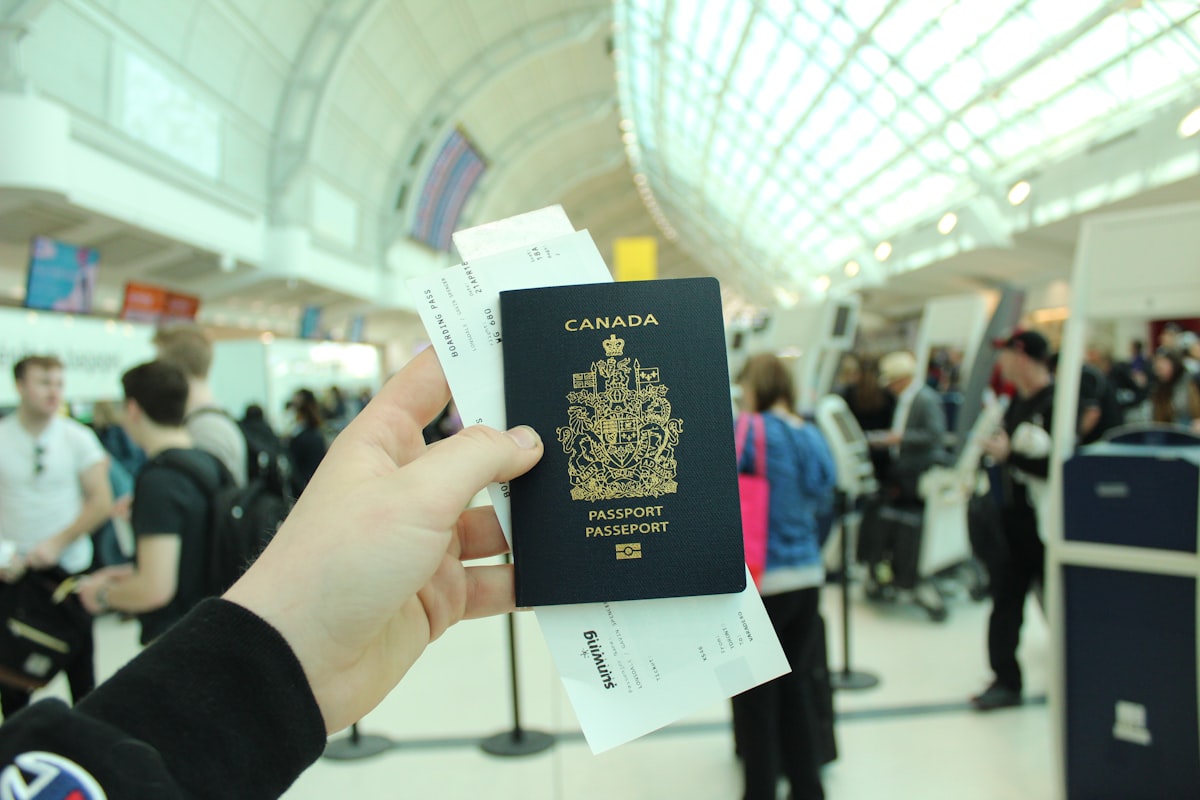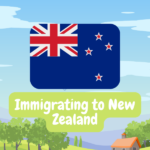Cost of living New Zealand and Canada
Table of Contents
When comparing the cost of living in New Zealand and Canada, there are some key differences to consider. In general, both countries have high standards of living, with access to quality healthcare, education, and other essential services. However, the cost of living can vary significantly depending on which city you choose to live in and your personal lifestyle.
Housing
In terms of housing, New Zealand tends to be more affordable than Canada. The average cost of a house in New Zealand is around NZD 500,000, while in Canada, it can range from CAD 500,000 to over CAD 1 million, depending on the location. Renting a one-bedroom apartment in the city center in New Zealand typically costs between NZD 1,500 and NZD 2,500 per month, while in Canada, it can be anywhere from CAD 1,500 to CAD 3,000.
Food and daily necessities
When it comes to food and daily necessities, the cost of living in New Zealand and Canada is relatively similar. However, some items, such as alcohol and tobacco, tend to be more expensive in New Zealand due to higher taxes.
Transportation
Transportation costs can also vary between the two countries. In New Zealand, the cost of gas and public transportation are generally lower than in Canada. However, owning a car in New Zealand can be more expensive, as the cost of car insurance and maintenance tends to be higher.
Planning to move. Read more here- https://immigrants101.com/nz-citizen-to-permanent-resident-of-canada-within-18-months/
Education
Both nations offer a high standard of education, but there are some key differences in terms of structure, funding, and opportunities.
New Zealand
In New Zealand, education is mandatory for all children aged 6 to 16 and is provided free of charge by the government. The education system in New Zealand is divided into primary, intermediate, and secondary levels, with a strong emphasis on practical, hands-on learning experiences.
Canada
Canada has a similar education system, with mandatory schooling from the ages of 6 to 16. However, education in Canada is publicly funded but not free, as families are required to pay tuition fees for their children’s education. In terms of structure, the education system in Canada is divided into elementary, middle, and secondary levels, with a strong emphasis on academic achievement and post-secondary education.
Cost and scholarships
Both New Zealand and Canada have a wide range of post-secondary education options, including universities, colleges, and trade schools. In Canada, post-secondary education is generally more expensive than in New Zealand, with tuition fees ranging from a few thousand dollars to over $20,000 per year. However, Canada offers more opportunities for financial aid and scholarships to help offset these costs.
Conclusion
Overall, while the cost of living in New Zealand and Canada can vary greatly, both countries offer a high standard of living and a range of affordable and luxury options to choose from. The best way to determine the cost of living in either country is to research specific cities and towns, and compare the costs of housing, food, transportation, and other essential expenses.















